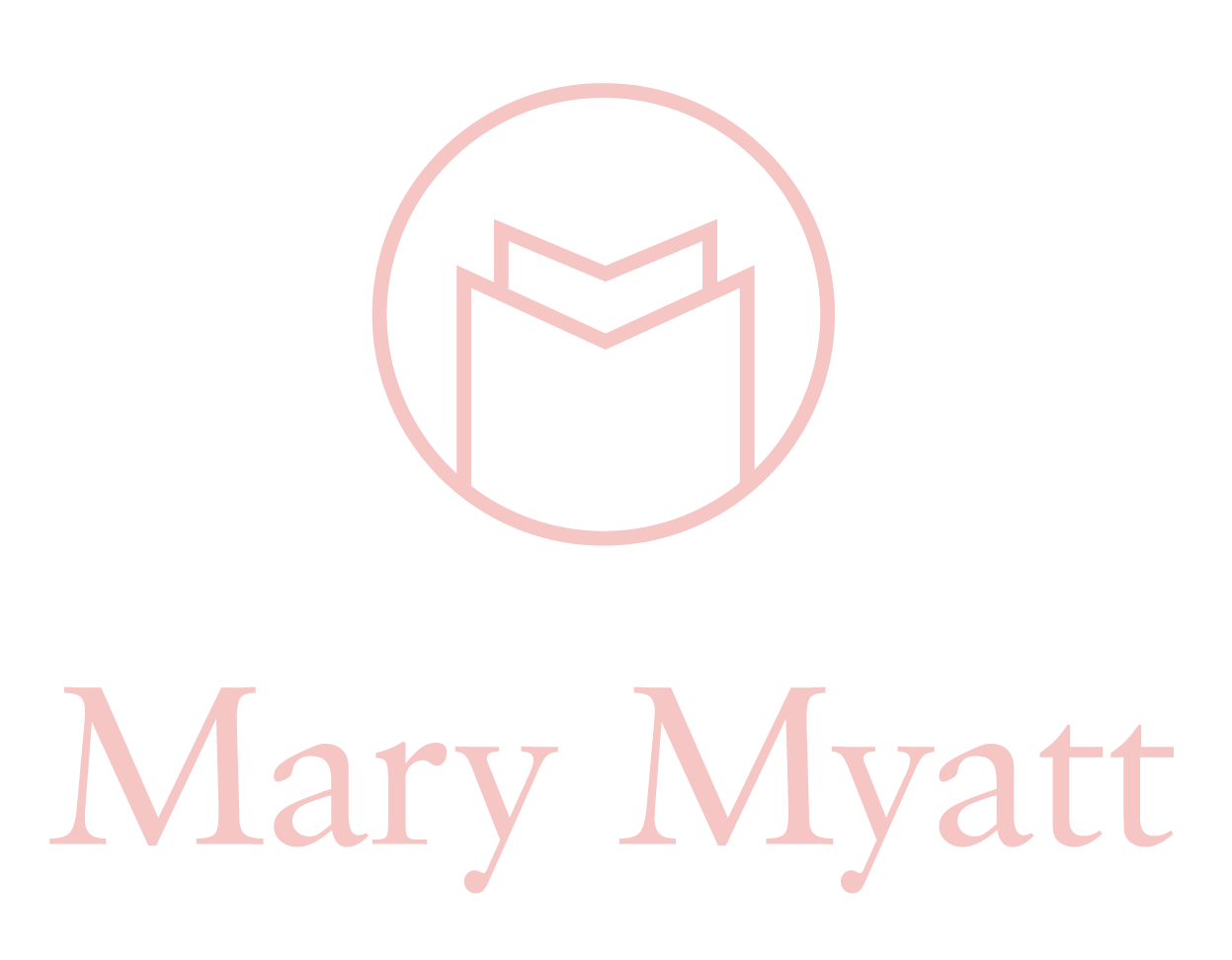Curriculum and staff development
Based on a conversation with Garry Littlewood for ‘Huh’. Garry is assistant head teacher responsible for curriculum and assessment at Huntington School, York and subject leader for food and textiles.
A school which privileges curriculum development will ensure that time is found for curriculum work to happen. Schools like Huntington in York finish early fortnightly and have a two-hour developmental subject based session. There is always an agenda for this meeting. It is not administrative, it is about teaching and learning, it is about planning, it is about curriculum development. When it was introduced, the school wanted to move away from department meetings. The sessions had to be about teaching and learning. It revolutionised practice by providing time to really work together collaboratively.
It is important to identify the needs of the team. In food and textiles particularly, there are specialists in specific areas of the curriculum. There are textiles specialists and food specialists and they all need individual support. It is important to be able to communicate with your line manager, both your department’s strengths and the areas that are requiring some development. You must work hard at using some of that time helping to support and train colleagues who do find certain aspects of curriculum delivery difficult. As well as developing the curriculum, there are also training sessions where you have got that expertise within your department to share with other colleagues. Curriculum development is often about developing teachers’ subject knowledge.
Developing your schemes of learning with your team is crucial. Schools need to privilege departmental planning time. Teamwork is crucial to curriculum development, sharing resources and pooling both experience and subject expertise. It allows your schemes of learning to be developed over years and even decades. The line manager needs to be open to listen to someone with a specialist background and deep expertise, someone who has genuine nuggets of subject specific understanding of the curriculum. Those nuggets are self-evident to the subject leader, but actually they are not to someone who does not have that background. Being prepared to be surprised is a constructive outcome of the conversation between SLT line managers and subject leaders.
Subject leaders really value the chance to talk the curriculum materials through with line managers. When deep work has been done, it will have taken lots of sweat and tears and also joy and laughter because it is very interesting as well, but it is not without some heavy lifting behind it. Senior leaders are paying someone a compliment when they ask, ‘Could you just talk me through this? So why have you got this here and why are you teaching that?’ Now all those big questions are actually very professionally rewarding. This is light years away from subject leaders handing in their schemes across five years, if that’s the case, and no one asks them any questions like one of the basic questions, ‘Is it ambitious?’ These deeper professional conversations are the real heart, the real grist of collaborative curriculum development work between SLT and subject leaders.
